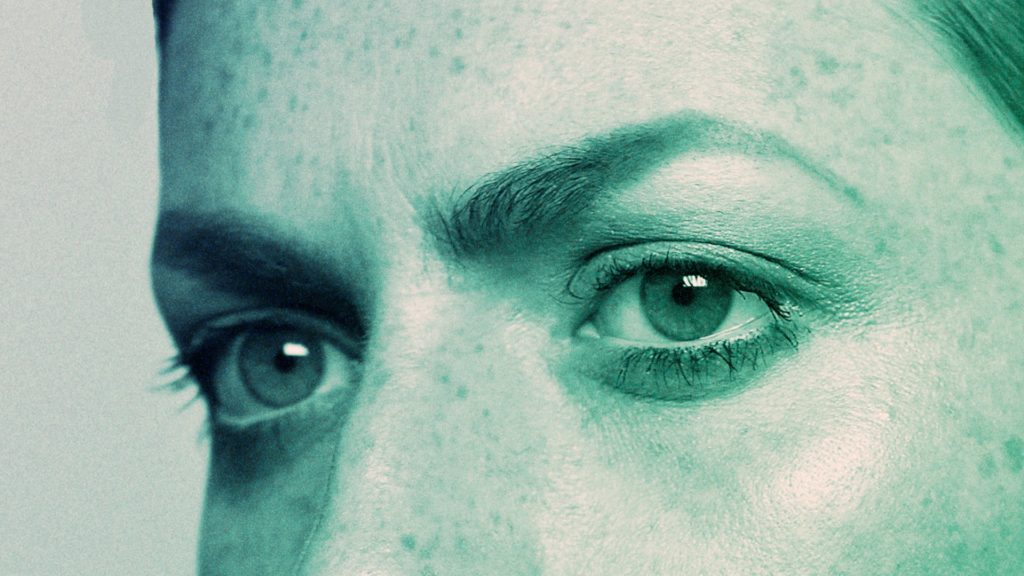
Eye contact isn't always a signal of communication skills.
When we agree, we tend to lock eyes. When we don’t agree — or, more likely, when we’re presented with something we haven’t considered — we tend to look away.
Not because we’re rude, but because we’re thinking. Which, first impression tips aside, is actually the sign of a great conversation.
Because great conversations make us think.
More from the researchers:
We find that eye contact is positively correlated with synchrony (Jeff: a fancy word for “I’m with you”) as well as ratings of engagement by conversation partners.
However, rather than elicit synchrony, eye contact commences as synchrony peaks and predicts its immediate and subsequent decline until eye contact breaks. This relationship suggests that eye contact signals when shared attention is high.
Furthermore, we speculate that eye contact may play a corrective role in disrupting shared attention (reducing synchrony) as needed to facilitate independent contributions to conversation.
Or in non research-speak, eye contact is the result of shared understanding, not the driver. Eye contact may make a good impression, but eye contact won’t create synchrony.
For that, we need to listen. We need to ask questions. Seek to understand. Challenge our own assumptions. Even though we are having a conversation, we also need to think independently.
That’s what Michelle does. She listens. She processes. She weighs and measures and considers. Looking away is actually a sign she’s giving the conversation her full attention.
Forcing her to do one-on-one Zoom meetings makes that difficult, because Zoom calls can feel performative. (Which is why smart bosses let their employees turn off their cameras during Zoom or MS Teams meetings.)
As the researchers write, “Eye contact may be a key mechanism for enabling the coordination of shared and independent modes of thought, allowing conversation to both cohere and evolve.”
So don’t be offended if someone doesn’t maintain constant eye contact. It may just be a sign you’ve given them food for thought.
Just like you hope they give you.
Because if a conversation doesn’t make you think, all the eye contact in the world may not make it worth having.